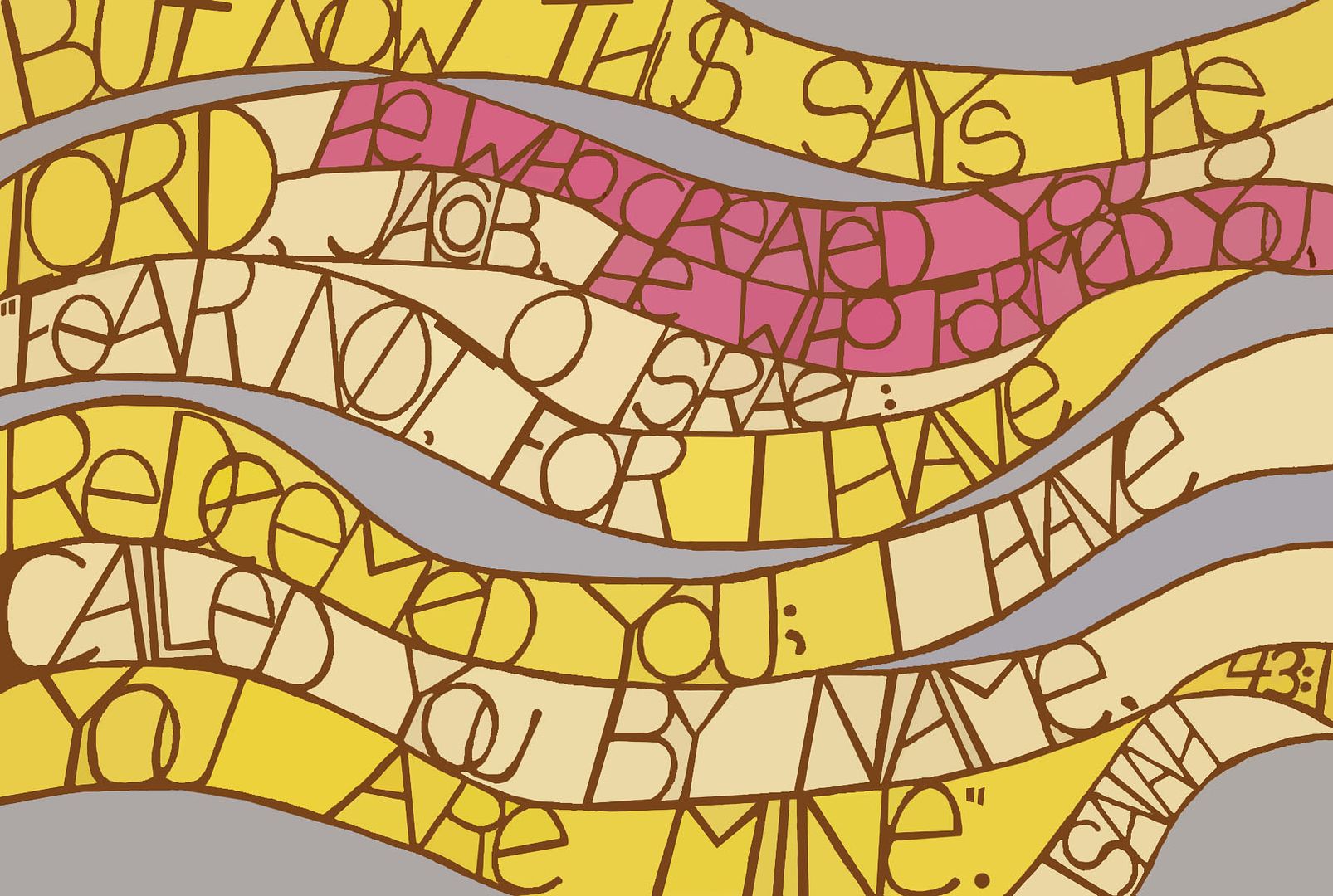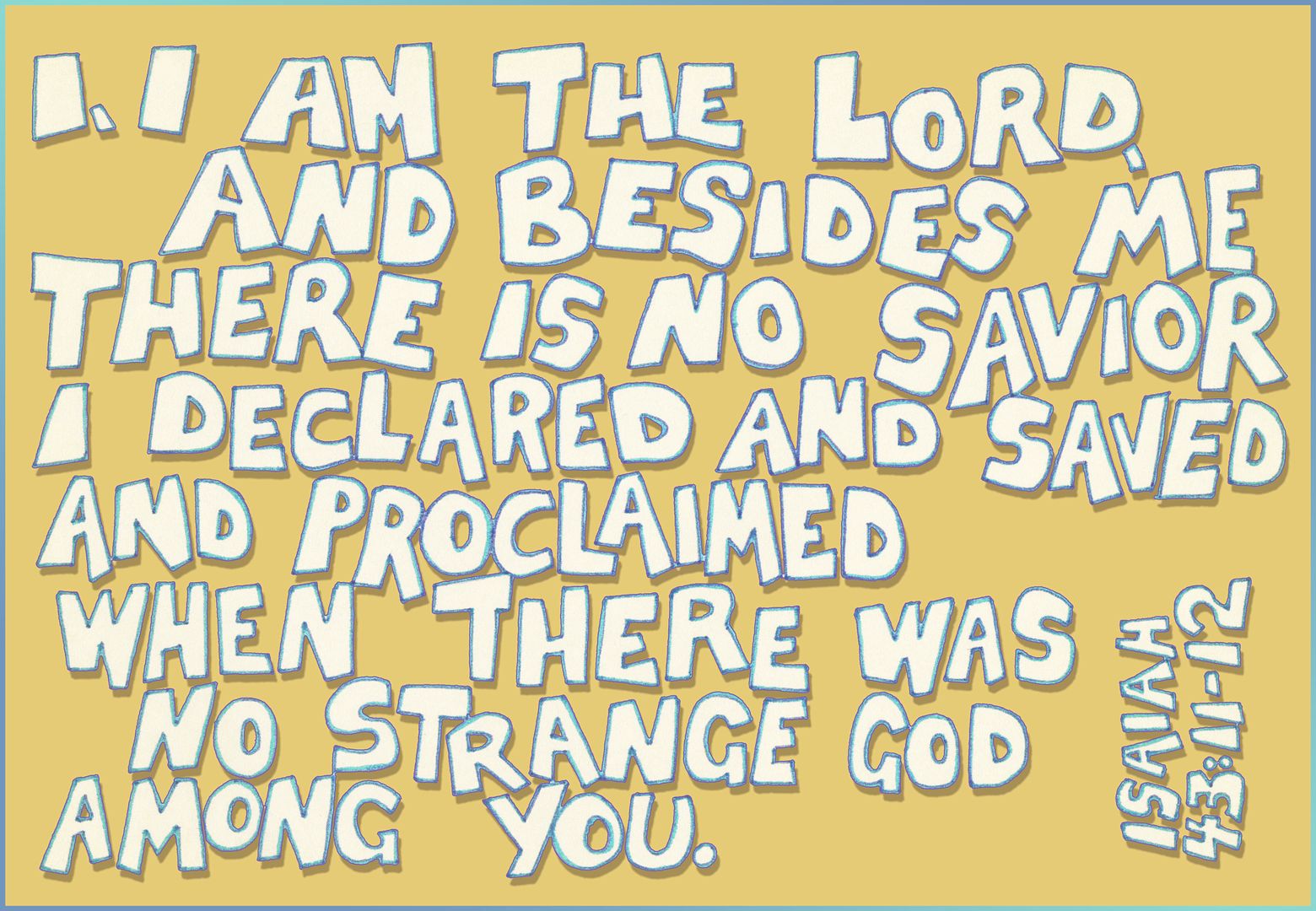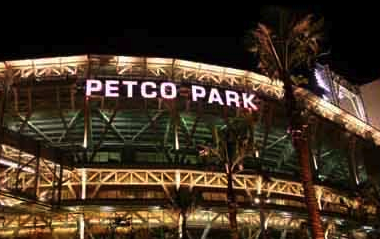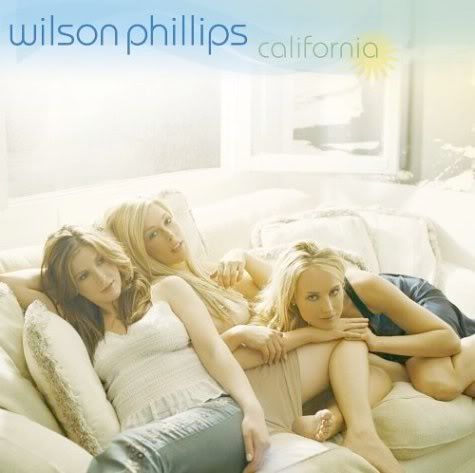I'm cross-posting this on desert spirit's fire, my theology blog with no changes, so please bear with me if you visit both blogs! This testimony blog is becoming my place for theology light; Desert Spirit's Fire is the place for my more intentionally formal writing, but this post contains both approaches, so it belongs both places. The ideas I'm posting this evening could be developed far more, so one more time, here are some more sprawling connections—but they do cohere, however jaggedly.
Anticipation is another pungent biblical theme! Friday afternoon at the
99¢ Only Store (local-dwellers know the store's addictiveness), for the first time in close to forever I heard
Carly Simon's haunting
Grammy-winner
Anticipation. Both music and lyrics are Carly Simon originals:
from Anticipation:We can never know about the days to come
But we think about them anyway
And I wonder if I'm really with you now
Or just chasing after some finer day
Anticipation, Anticipation
Is making me late
Is keeping me waiting...
© 1971 Quackenbush Music Ltd.
Reformation Notes Because of their historical location the Reformers, especially Luther and Calvin, necessarily concentrated on a highly humanity-focused theological model, and theologizing within that, they also developed a compelling concept of God's gracious descent to all creation, which I believe laid open extensive possibilities for developing a comprehensive theology of redemption and sanctification that would include all creation. Both of those magisterial Reformers viewed
all creation – not only human creatures – as an arena for the revelation of God's glory. In the Hebrew Bible there are ample precedents for this kind of holistic view of God's passion for creation and for an all-encompassing view of the sovereignty of Jesus Christ. I love the deuteronomic historian's relentless refrain, "into the land, into the land, into the land!" Hebrew Bible scholar Walter Brueggemann is one of my favorite authors; in his
The Land: Place As Gift, Promise, and Challenge in Biblical Faith, he insists theology and theologians have concentrated far too much on
covenant to the often near-exclusion of
The Land.
As I continue my still very preliminary study and writing for my future book about ecological theology, besides the Bible, Brueggemann's plentiful work has influenced me a lot; Matthew Fox has influenced me some (though my theology is far more sacramental than Fox's); also, I'm drawing on the historical and still-present influences and insights of Celtic spirituality. Paul Santmire and Jürgen Moltmann are a pair of contemporary theologians in the Reformation tradition I need to thank and credit, as well.
Second Isaiah I'm always thinking a lot about how much I love 2nd Isaiah of the exile (I need to figure out how to post some of my Isaiah graphics here). Check out the persistent theme of redemption and hope running through these verses, and particularly humanity's salvation physically located in the midst of the natural creation's redemption—the Reformers' theology of God's descent and infilling of everything created so recapture these passages! Related to these 2nd Isaiah texts, note well Luther's theology of the ubiquity of the Risen and Ascended Christ!
[...looks as if I'm being excessive with the exclamation points?!]
from Isaiah 41
8 "But you, Israel, are My servant,
Jacob whom I have chosen,
The descendants of Abraham My friend.
9 You whom I have taken from the ends of the earth,
And called from its farthest regions,
And said to you,
"You are My servant,
I have chosen you and have not cast you away:
10 Fear not, for I am with you;
Be not dismayed, for I am your God.
I will strengthen you,
Yes, I will help you,
I will uphold you with My righteous right hand.'
18 I will open rivers in desolate heights,
And fountains in the midst of the valleys;
I will make the wilderness a pool of water,
And the dry land springs of water."
Isaiah 43

1 But now, thus says the LORD, who created you, O Jacob,
And He who formed you, O Israel:
"Fear not, for I have redeemed you;
I have called you by your name;
You are Mine.
2 When you pass through the waters, I will be with you;
And through the rivers, they shall not overflow you.
When you walk through the fire, you shall not be burned,
Nor shall the flame scorch you.
3 For I am the LORD your God,
The Holy One of Israel, your Savior;

11 I, even I, am the LORD,
And besides Me there is no savior.
12 I have declared and saved,
I have proclaimed,
And there was no alien god among you;
Therefore you are My witnesses,"
Says the LORD, "that I am God.
15 I am the LORD, your Holy One,
The Creator of Israel, your King."
16 Thus says the LORD, who makes a way in the sea
And a path through the mighty waters,
18 "Do not remember the former things,
Nor consider the things of old.
19 Behold, I will do a new thing,
Now it shall spring forth;
Shall you not know it?
I will even make a road in the wilderness
And rivers in the desert.
20 The beast of the field will honor Me,
The jackals and the ostriches,
Because I give waters in the wilderness
And rivers in the desert,
To give drink to My people, My chosen.
21 This people I have formed for Myself;
They shall declare My praise."
Isaiah 44
23 Sing, O heavens, for the LORD has done it!
Shout, you lower parts of the earth;
Break forth into singing, you mountains,
O forest, and every tree in it!
For the LORD has redeemed Jacob,
And glorified Himself in Israel.
Isaiah 51

3 For the LORD will comfort Zion,
He will comfort all her waste places;
He will make her wilderness like Eden,
And her desert like the garden of the LORD;
Joy and gladness will be found in it,
Thanksgiving and the voice of melody.
4 "Listen to Me, My people;
And give ear to Me, O My nation:
For law will proceed from Me,
And I will make My justice rest
As a light of the peoples."
Walter Brueggemann essentially comments,
Of course the trees sing and clap their hands—no more clear-cutting! Of course the seas roar and everything in them rejoices—no more toxic waste and pollution!
Milk and Honey, Reign of Heaven: right here In the Land
Although I like mystery (how can you be a theologian and not be drawn to mystery?), I absolutely love paradox! On that theme, I need to ask how you can be a Christian without the mysterious paradox of God's clearest self-revelation in the vulnerability of a human, amazing and overwhelming and drawing you into itself?
Look in the manger and look at the cross, insists Martin Luther! Milk and honey is a sign of the fullness of the sovereignty of God; in Jesus of Nazareth we meet face-to-face the embodiment of the realization of the time of salvation, the epoch of the Reign of Heaven. But this paragraph began with milk and honey! Flowing honey and surging milk begin with fertile land and rivers of usable water. Ample milk means abundant cattle grazing on luxuriant grass, producing healthy calves and fertilizing grains and vegetable gardens. Of course it includes bees pollinating fruits and flowers, vineyards and other food crops. Hearty vineyards, healthy fields and sufficient water. Dairy and beef, honey and harvest lead to nourishment for the farmers, their families and the community, with overflowing everything to sell at market or barter and trade in order to acquire whatever you cannot produce on your own. Likely I've left out a slew of probable connections, but my intent is clear: heaven's blessings aplenty on earth!
However, Israel
became Israel, receiving the identifying name, not in the Promised Land flowing with milk and honey but in the desert of the trek toward that promised-landed freedom. In the desert's sparse economy, with surprising gifts like water from the rock and manna from the sky, Israel and Yahweh encountered each other into the kind of relationship that later would enable God's people to recognize God's paradoxical self-revelation in the preached Word and proffered sacraments...
Now and here, like Christ Jesus, face-to-face with the world, the church is the incarnation of the fullness of the time of salvation, the era of the Reign of Life; as persons of the
ekklesia, of the church, our sacramental liturgies and lifestyles replay God's paradoxical self-revelation in the exodus desert, recognizing and celebrating God's sustaining presence in, with and under creation's commonest stuff, the utmost essentials for life produced from the heart of the earth.
We can never know about the days to come
But we think about them anyway
But, with God in charge of those days to come, we can have some ideas about a little of what will happen! First of all, (once again!) I need to include one of my favorite passages from Martin Buber's
The Prophetic Faith:
In
The Prophetic Faith, Jewish theologian Martin Buber writes,
"[for Jeremiah] Not the priest but the prophet he regards as the mediator between heaven and earth, messenger of God and intercessor in one. The contact between godhead and manhood in his view is not bound up with the rite but with the word...the word comes again and again from heaven as something new, and makes its abode within man...and the man who has to make it heard is over and over again subdued by the word before He lets it be put in his mouth. This is not the expression of a familiar deity, with whom man comes into regular contact in fixed places and at fixed times. He, Who speaks, is incomprehensible, irregular, surprising, overwhelming, sovereign. Therefore it is the virtue of this word, and of this alone, to lead, that is to say, to show the way.[my emphasis] ...In order to speak to man, God must become a person; but in order to speak to him, He must make him too a person." (pages 164-165)
Stewardship, Jesus and Us, the churches and the Church
Early on in the Genesis narrative God charges humanity with stewardship of everything created; that's a Yahwist text, meaning it's early! Moving forward quite a few centuries, the
Heidelberg Catechism includes (approximate paraphrase), "Why is the Son of God called
Jesus, meaning
Savior?" "Why is he called
Christ, meaning
anointed?" Then the probing, "But why are you called a Christian?" "Because by faith I share in Christ's anointing, and I am anointed to reign with Christ over all creation for all eternity." Many of us (most of us?) exercise our baptismal calls to prophecy and to priesthood infrequently, but our everyday lives are replete with insistent opportunities to claim the co-sovereignty over creation we share with the crucified and risen One, or more accurately, the stewarding reign Christ graciously shares with us.
Anticipation is another pungent biblical theme! There's a famous quote credited to Martin Luther (I've read a fair amount of Luther, but can't cite any source, so I'm saying
credited to him): "Sin boldly, but trust even more boldly in the Risen Christ!" That's a glorious reality for every person, every community, and all creation to anticipate!
That's almost all for this evening...but one more
Heidelberg Catechism paraphrase: we move from Christmas, with the mystery of Spirit in flesh, to Ascension, with the mystery of flesh in Spirit!
May joyful anticipation of the crucified Jesus of Nazareth, now become the Risen and Ascended One, always sustain you!






